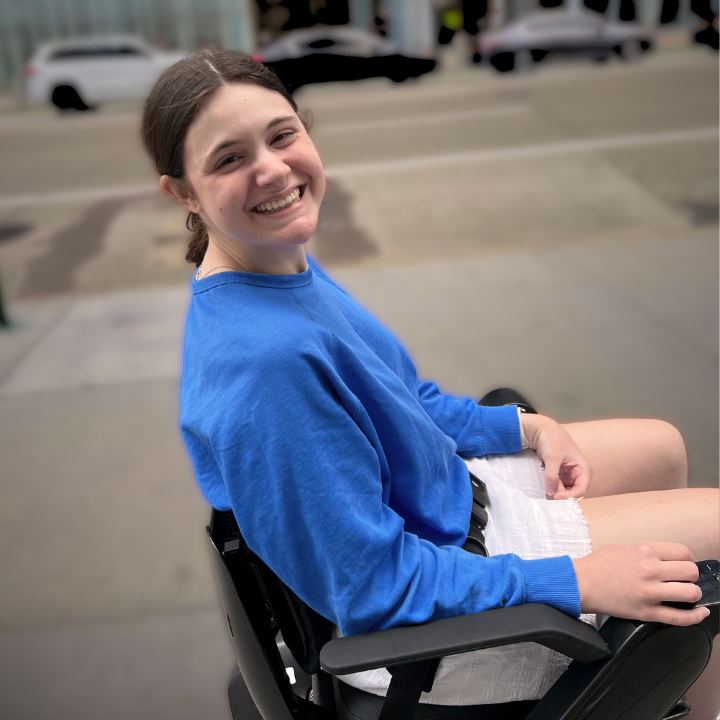Clinical Management Guidelines for Friedreich’s Ataxia
FA experts from around the world have written FA Clinical Management Guidelines (also known as FRDA) for reference use by physicians and patients. This project, led by Dr. Louise Corben, is the culmination of the efforts of a 12-person steering committee, 70 expert authors, and an 11-person patient and caregiver panel.
The Guidelines website is organized into topic chapters with lay summaries, best practice statements, links to the evidence, and recommendations for each topic. Some of the topics include: neurological components, mental health, emergency medicine, fatigue, orthopedic issues, endocrine & metabolism, the heart and cardiovascular system.
They are made available as general information only and do not constitute medical advice.





